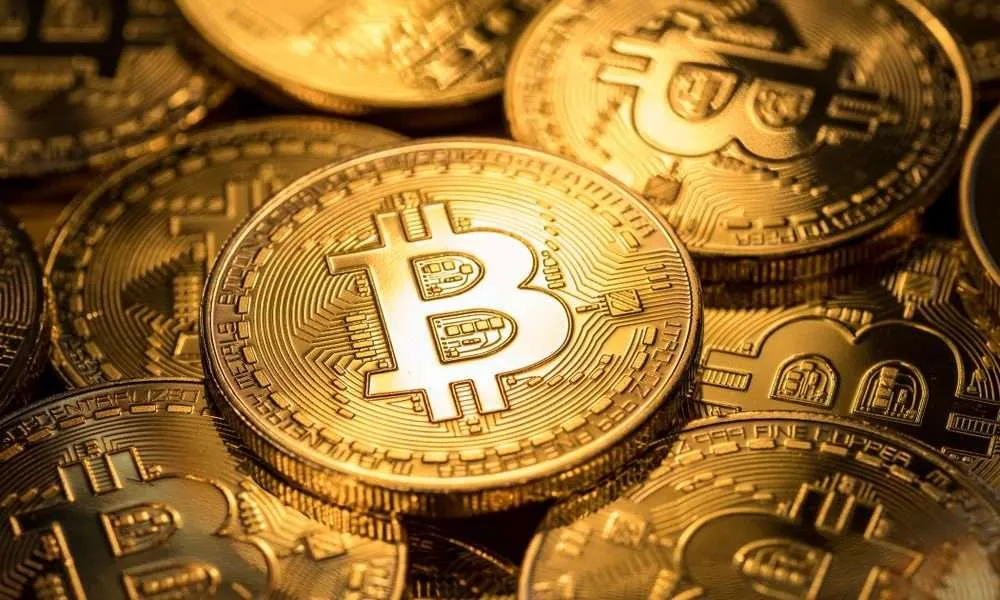- Experts in the cryptocurrency market agree that Bitcoin is increasingly being used as a store of value in times of crisis.
- Nevertheless, Bitcoin will not be able to replace the traditional value storage gold for the time being due to its volatility.
Bitcoin has been described by some industry experts, such as multiple billionaire Mike Novogratz, as digital gold that has the potential to replace physical gold in the long run. In some countries of the world, people flee to Bitcoin as a potential store of value to protect their small financial reserves.
In a recent Bloomberg discussion, experts John Pfeffer, founder of Pfeffer Capital, Travis King, CIO of Ikigai Asset Management and Charles McGarraugh, Head of Markets for Blockchain, discuss Bitcoin’s current adaptation progress around the world.
Bitcoin is increasingly used as a store of value
Charles McGaurraugh agrees with John Pfeffer that Bitcoin is mainly used as a store of value in countries with high inflation. Nevertheless, Bitcoin has not yet reached a level where it can fully meet this requirement. However, he states that Bitcoin is on the right track. Nevertheless, the disadvantages, such as the continued high volatility, must also be taken into account:
It is a venture that aspires to become digital gold, and is showing great promise of doing that. Because it hasn’t done that yet […] there is a lot of upside, but also downside.
Travis Kling explained the reasons why Bitcoin was able to achieve such growth in the first place. In his opinion, Bitcoin is widely accepted and disseminated because monetary and fiscal policies around the world are irresponsible with taxpayers’ money and investments.
If the United States of America had not abolished the gold standard and the USD had a real equivalent value and the budget was balanced or not producing a new trillion USD of debt every year, then the world would not need Bitcoin at all, says Kling.
Another Bloomberg survey of viewers of the show revealed that a majority of respondents, 42%, believe that Bitcoin’s market capitalization is too small to compete with physical gold and serve as a financial hedge. The following graph shows the result in detail.
Escape to Bitcoin continues to increase in crisis countries
Venezuela continues to be severely weakened by sanctions imposed by the United States of America. Inflation recently peaked. Since 2014, Venezuela’s economy has shrunk by 63%, as recent figures from the Central Bank of Venezuela show. During this time, the trading volume on local exchanges such as LocalBitcoins has risen sharply.
The government had recently announced that Venezuelan citizens would be obliged to pay Pedro with the country’s own crypocurrency. Recent reports, however, show that this has not proved to be an effective and practical undertaking. Venezuelans see Bitcoin as an emergency solution to protect their remaining capital from further depreciation.
The trading volume on the LocalBitcoins exchange has reached new highs in Argentina, Hong Kong and Venezuela since 2013. The volume with the respective trading pairs of the countries rose to over 600 billion USD.
Demand for #Bitcoin in economically volatile regions reached record highs in 2019.
Since 2013, volumes on Argentine peso, Hong Kong dollar, and Venezuelan bolivar bitcoin pairs have exceeded $600 billion in total value. pic.twitter.com/atKadtWjb3
— Welson ? (@CryptoWelson) November 1, 2019
Although Bitcoin has shown a strong performance since its launch in 2009 to date, volatility remains high. Bitcoin’s price has fallen by 9.5% in the last 7 days and is at USD 7,942.32 at the time of writing.






